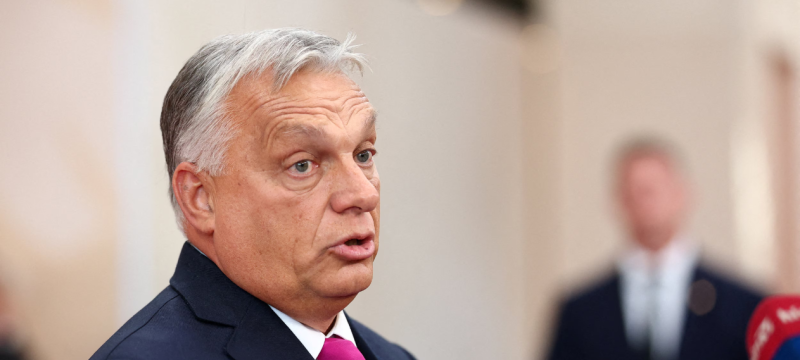Hungarian Prime Minister Viktor Orban has introduced a new initiative offering subsidized loans to small and medium-sized enterprises (SMEs) as the country approaches its 2026 national elections. The program, set to commence on Monday, provides fixed-rate loans at 3% interest, capped at 150 million forints (approximately $454,250), to support business operations and stimulate economic activity.
This move is part of a broader strategy to bolster the economy, which has been experiencing stagnation and high inflation. The National Bank of Hungary has maintained a 6.5% benchmark interest rate, limiting the government’s ability to implement monetary stimulus. In response, Orban’s administration has rolled out several fiscal measures, including public sector wage hikes, housing support for civil servants, and a subsidized mortgage scheme targeting first-time homebuyers. These initiatives aim to increase household net income and consumption, with projections indicating a potential rise of 1.5% of GDP in 2026.
Economists, however, caution that these pre-election fiscal stimuli may pose risks, particularly in the context of weak economic growth. OTP Bank forecasts a modest GDP growth of 0.6% for 2025, with a potential increase to 3% in 2026, driven by consumption. Despite the anticipated short-term economic boost, analysts warn of the possibility of large deficits exceeding 5% of GDP, which could require attention post-election.
In addition to the loan program, Orban has hinted at potential employment-related tax cuts for businesses, though specifics have not been disclosed. The government’s recent spending initiatives, including wage hikes and housing support, are expected to increase household net income by 1.5% of GDP in 2026, according to the National Bank of Hungary.
As Hungary approaches the 2026 elections, these economic measures are likely to play a significant role in shaping the political landscape. While the initiatives aim to address economic challenges and garner public support, their long-term effectiveness and impact on the national budget remain subjects of debate among policymakers and economists.
Read More : Hungary Breaks Scottish Hearts With Last-Gasp Victory In Euro Cup 2024







